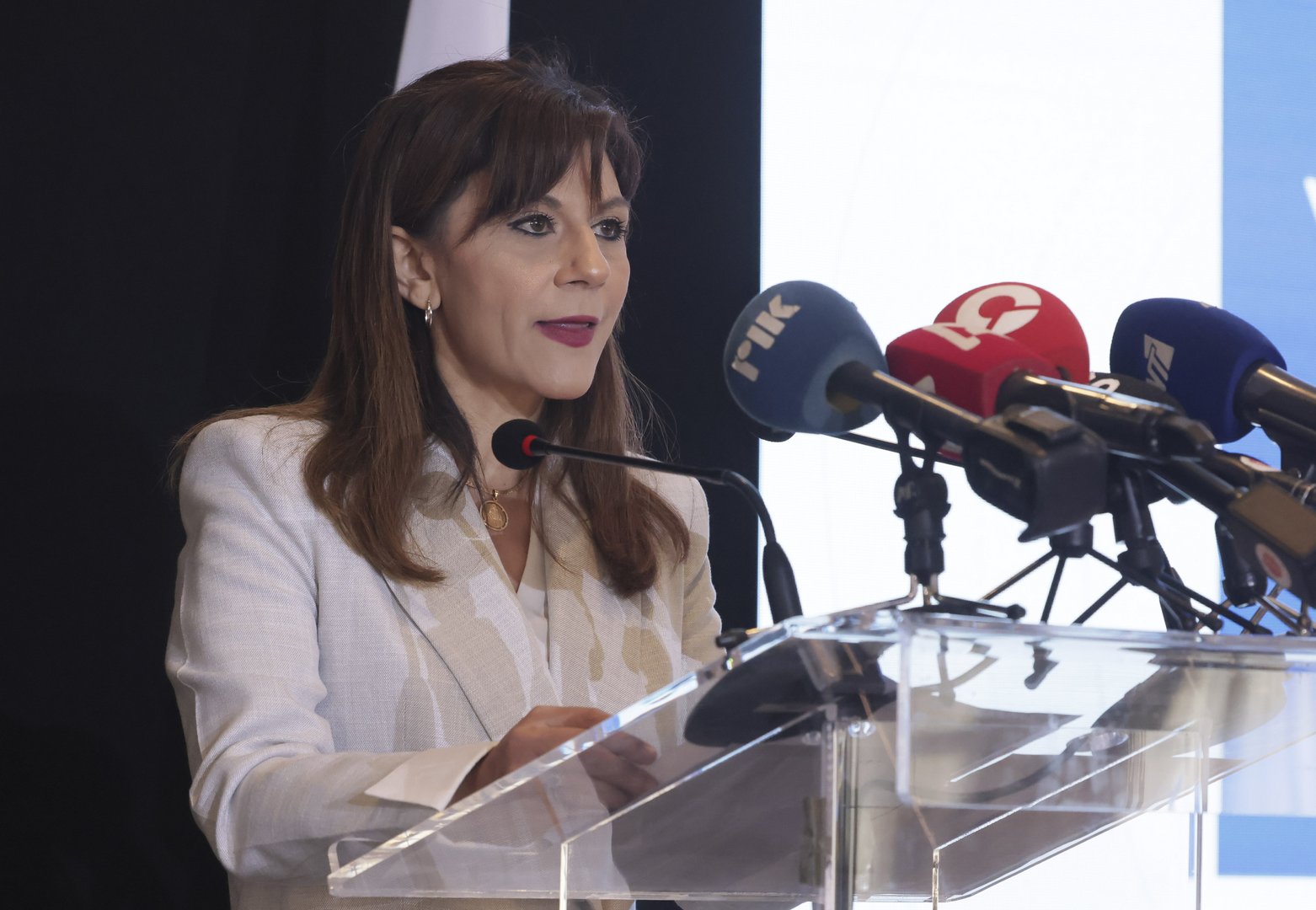Three years and a few million euros later, Cyprus is still struggling to implement a national strategy for people with autism spectrum disorder (ASD). In the meantime, their problems are intensifying, support is scarce, the numbers are rising and promises – of course – abound.
With money having been made available, what seems to be the problem?
In December, the first national conference on autism was held by the deputy ministry of social welfare, to outline 53 actions included in the national strategy for autism. Deputy Welfare Minister Marilena Evangelou, in one of her rare appearances, said the strategy drawn up in April 2024 meant Cyprus had a clear roadmap to “comprehensively meet the range of needs of people with autism”.
The strategy, as elusive as the deputy minister herself, has not produced any results, as it apparently has not been implemented.
Work on the strategy began in 2022 after a cabinet decision to set up a national committee to this end and meetings have been few and far between. The national committee, coordinated by the deputy welfare ministry, included various ministries, while another committee was set up to make sure everyone did their job – again coordinated by the deputy welfare ministry.
In June 2023, the national committee met to set the course and met again in September 2023 to examine the first draft strategy. It then decided to set up, not one, but eight subcommittees to do the work. The first seven-pillar strategy was approved by the cabinet in April 2024.
Meanwhile, the World Health Organisation estimated that around one in 100 people are autistic. In Cyprus, available data showed that in 2022 nearly 1,800 children and adults had been diagnosed with ASD. The data did not reflect the true numbers, but only those who had applied for social benefits, the government admitted. It also admitted that the Cypriot state had failed to set up a specialised centre for ASD.
To add insult to injury, in November 2024 the House health committee heard that the government has been paying €6,000 a month for the past four years for facilities intended for people with autism which do not yet exist.
As the proper infrastructure is lacking, individuals with autism have been admitted to Athalassa psychiatric hospital, as there are no alternative facilities.
And while the government has been failing those with autism and their families, civil society has been busy saving the day with various events.
The deputy minister actually surfaced for one such event organised in December 2024, when a childcare and activity centre welcomed preschool- and school-aged children on the autism spectrum.
Other events included charity runs, such as the December 2024 exhibition by local artists to support Voice for Autism.
Which brings us to House President Annita Demetriou’s visit last week to a centre for autistic people in Larnaca, where she said it was necessary to implement a national strategy on autism to support those with the disorder, young or old, and their families.
In schools, we are hearing that children are not getting the full assistance they need and certainly not tailored to their individual needs. Teachers are complaining they need more staff and that the parents are not signing papers acknowledging the results of a diagnosis. Is it really a wonder, when the state itself is absent in all but words?






Click here to change your cookie preferences